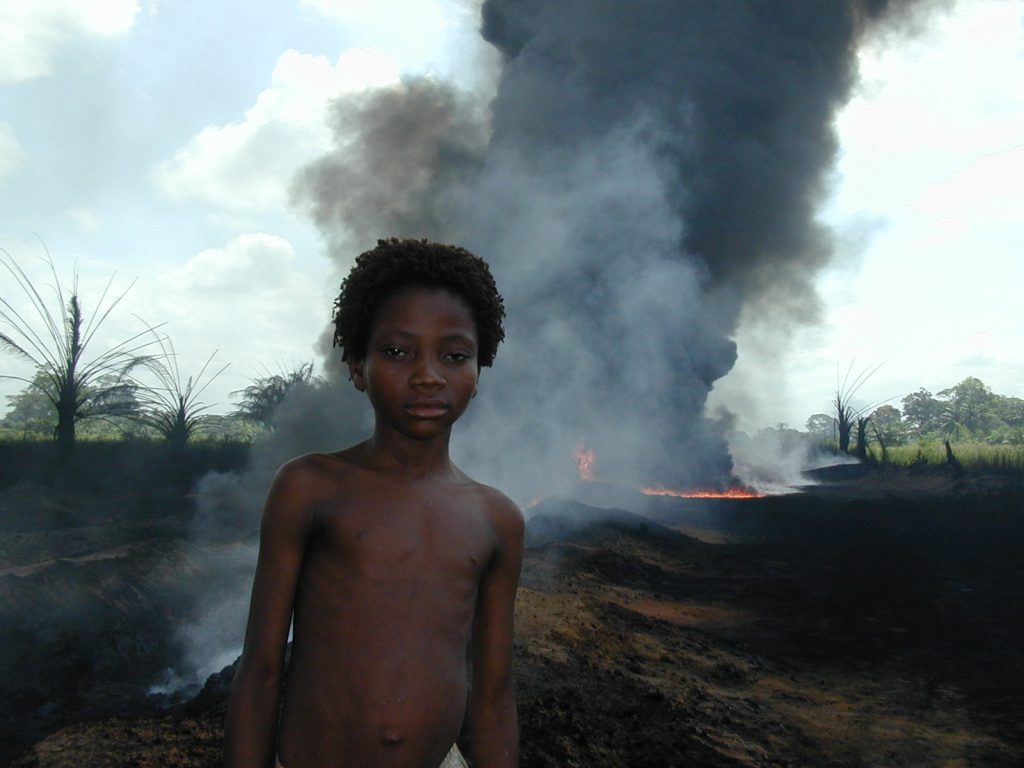On 16 January 2021, the European Union Parliament issued an official resolution regarding the deteriorating security in Nigeria due of course to many factors, but specifically religiously motivated violence at the hands of radical Islamist jihadists such as Boko Haram and Islamic State West Africa Province:
“The European Parliament,
whereas according to the Humanitarian Aid Relief Trust, over 6 000 Christians have been murdered since 2015 by jihadist groups or have perished as a result of the ‘your land or your blood’ policy carried out by Fulani militants;….
whereas although President Muhammadu Buhari has condemned the killings and urged the population not to become divided along religious lines, these attacks have been carried out with total impunity, with perpetrators rarely being held to account;….
Deplores the terrorist attacks which have taken place in the country; reiterates its concern about the protracted crisis in Nigeria and the volatile security situation in the north-east, and strongly condemns the repeated violations of human rights, international and humanitarian law, whether based on religion or ethnicity;
Condemns in particular the recent increase in violence against ethnic and religious communities, including the targeting of religious institutions and worshippers;….”
The European Union’s statement on religiously motivated violence in Nigeria comes in the wake of increasing violence and attacks against Christian communities over the past few years. The International Committee on Nigeria (ICON) reported the escalation of violence in its 2020 report Silent Slaughter: Genocide in Nigeria and the Implications for the International Community. Included in the report is a set of graphics showing the geographical spread and increased intensity of Fulani militant and Boko Haram attacks on Christian communities; from the period of 2010 to 2014, Fulani militants engaged in 600 attacks and caused 7,500 casualties, but from 2015 to 2020 the number of attacks increased to 1,300 and casualties to 9,700.
Even within the past couple of months, numerous headlines have repeated multiple devastating stories of mass murder and abduction of Christians and other civilians. On December 11, 2020, Boko Haram claimed to abduct some 500 Nigerian schoolboys from Katsina state’s Government Science Secondary School, of which 300+ still remain missing. It is still unclear whether the mass kidnapping was conducted by Boko Haram or another insurgent group. On Christmas Eve, Boko Haram militants attacked Christian communities in Borno State, killing 7 individuals and setting fire to the local Church of the Brethren; on the same day a nearly identical attack in Garkida, Adamawa State, five Christians were killed and three churches ambushed. International Christian Concern counted the deaths of 18 Christians at the hands of Fulani militants within just a few days surrounding Christmas in 2020, and the abduction of the wife of Rev. Luka Shaho.
The EU resolution on Nigeria also follows the December 10th decision of Prosecutor of the International Criminal Court, Ms. Fatou Bensouda, to initiate a complete investigation into the situation of crimes against humanity. She revealed that “Specifically, my office has concluded that there is a reasonable basis to believe that members of Boko Haram and its splinter groups have committed…acts constituting crimes against humanity and war crimes”, including murder, rape, torture, abduction, child soldier recruitment, enslavement, and more.
Jubilee Campaign welcomes the European Union Parliament’s public condemnation of the escalating violence and attacks in Nigeria, and we urge other international organizations, including the United Nations, to make similar public rebukes.
Cover image by Photo RNW.org on Flickr (CC BY-ND 2.0)

